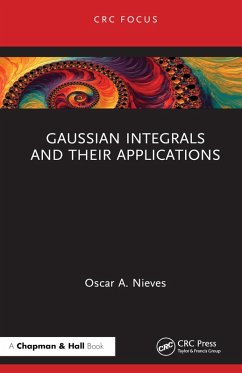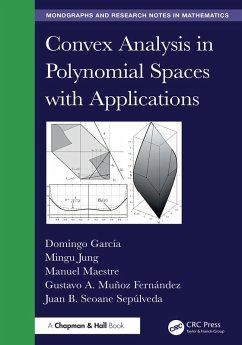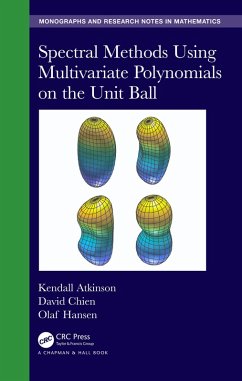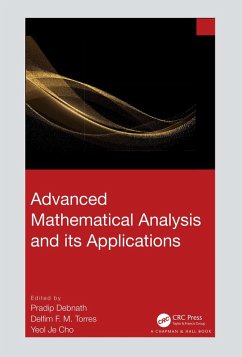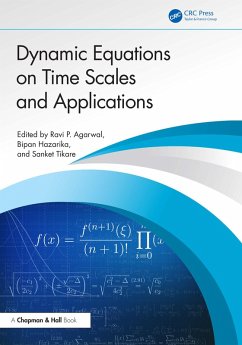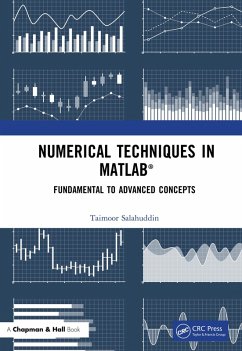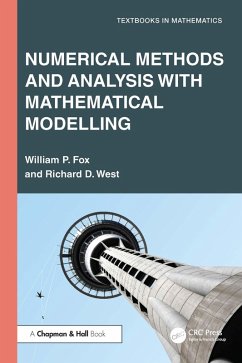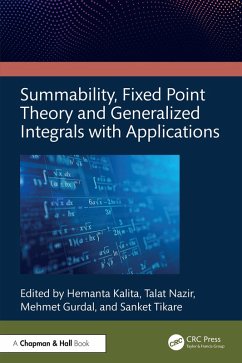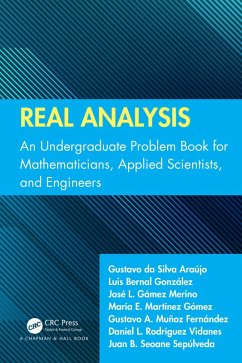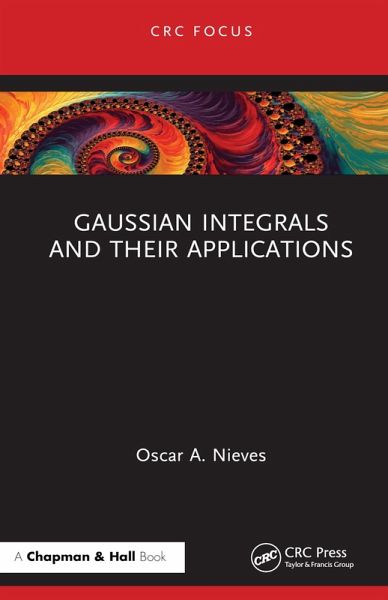
Gaussian Integrals and their Applications (eBook, PDF)

PAYBACK Punkte
11 °P sammeln!
Gaussian Integrals form an integral part of many subfields of applied mathematics and physics, especially in topics such as probability theory, statistics, statistical mechanics, quantum mechanics and so on. They are essential in computing quantities such as the statistical properties of normal random variables, solving partial differential equations involving diffusion processes, and gaining insight into the properties of particles.In Gaussian Integrals and their Applications, the author has condensed the material deemed essential for undergraduate and graduate students of physics and mathema...
Gaussian Integrals form an integral part of many subfields of applied mathematics and physics, especially in topics such as probability theory, statistics, statistical mechanics, quantum mechanics and so on. They are essential in computing quantities such as the statistical properties of normal random variables, solving partial differential equations involving diffusion processes, and gaining insight into the properties of particles.
In Gaussian Integrals and their Applications, the author has condensed the material deemed essential for undergraduate and graduate students of physics and mathematics, such that for those who are very keen would know what to look for next if their appetite for knowledge remains unsatisfied by the time they finish reading this book.
Features
In Gaussian Integrals and their Applications, the author has condensed the material deemed essential for undergraduate and graduate students of physics and mathematics, such that for those who are very keen would know what to look for next if their appetite for knowledge remains unsatisfied by the time they finish reading this book.
Features
- A concise and easily digestible treatment of the essentials of Gaussian Integrals
- Suitable for advanced undergraduates and graduate students in mathematics, physics, and statistics
- The only prerequisites are a strong understanding of multivariable calculus and linear algebra.
- Supplemented by numerous exercises (with fully worked solutions) at the end, which pertain to various levels of difficulty and are inspired by different fields in which Gaussian integrals are used.
Dieser Download kann aus rechtlichen Gründen nur mit Rechnungsadresse in A, B, BG, CY, CZ, D, DK, EW, E, FIN, F, GR, HR, H, IRL, I, LT, L, LR, M, NL, PL, P, R, S, SLO, SK ausgeliefert werden.




